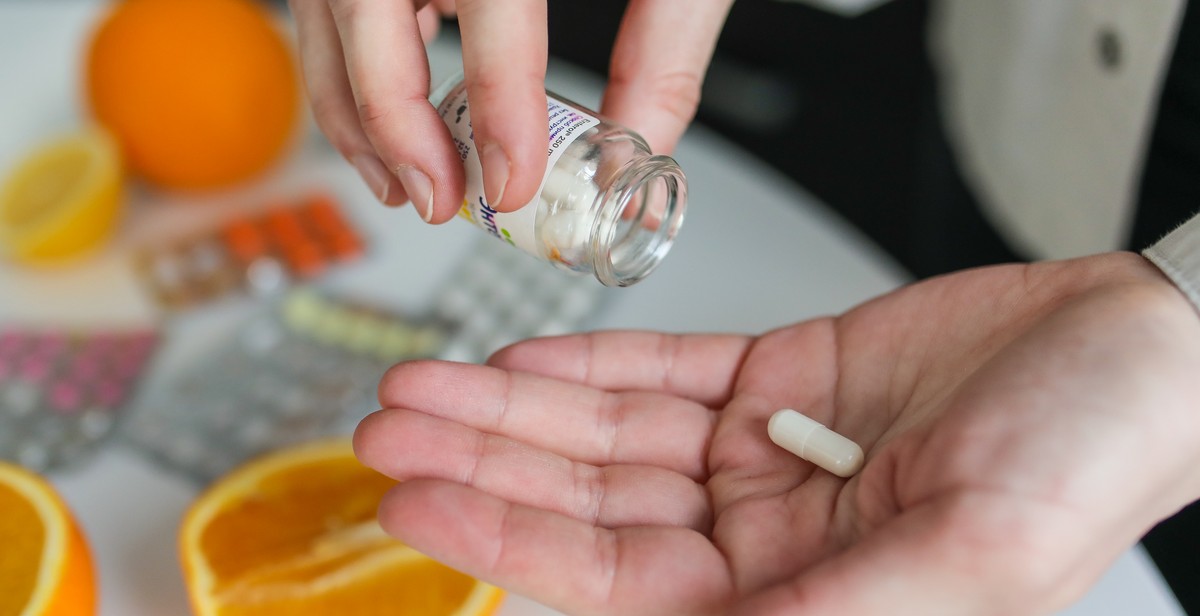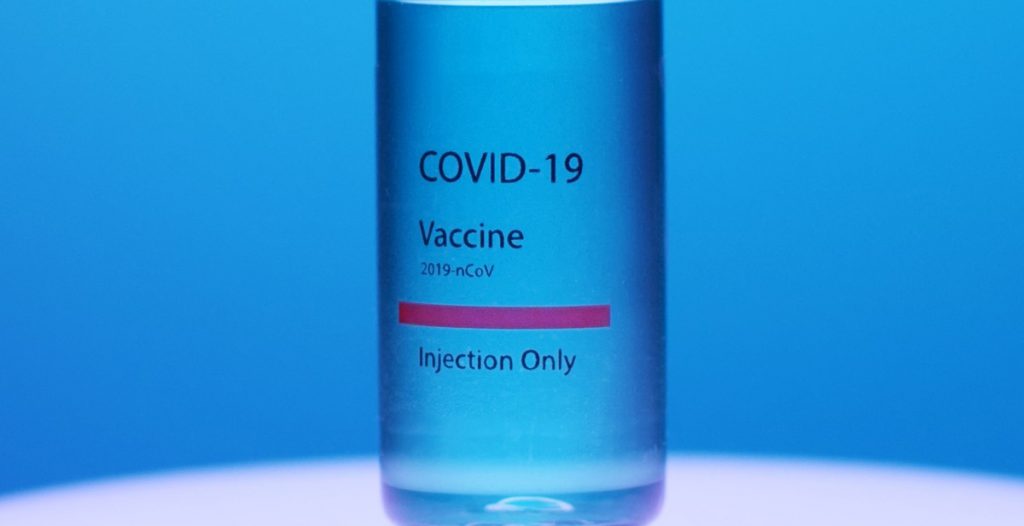What is ‘tarnish’ and how can it be prevented?
Tarnish is a natural process that occurs on metals such as silver, copper, and brass. It is a layer of corrosion that forms on the surface of these metals due to exposure to air, moisture, and other environmental factors. Tarnish can make these metals look dull, discolored, and unattractive. It can also weaken the metal and cause it to corrode further.
Preventing tarnish is important to maintain the appearance and value of these metals. There are several ways to prevent tarnish, including:
- Storing metals in a dry and cool place
- Using anti-tarnish products such as tarnish-resistant bags or anti-tarnish strips
- Cleaning metals regularly with a soft cloth and mild detergent
- Avoiding exposure to harsh chemicals and acids
Understanding the causes of tarnish and how to prevent it can help you keep your metal possessions looking their best for years to come.

What is Tarnish?
Tarnish refers to the thin layer of corrosion that forms over certain metals, particularly silver, copper, and brass. It is a natural process that occurs when the metal reacts with certain substances in the air or water, such as sulfur or oxygen. Tarnish can also be caused by exposure to certain chemicals or by contact with other metals.
Causes of Tarnish
The most common cause of tarnish is exposure to air and moisture. When metals like silver, copper, and brass are exposed to the air, they react with the sulfur and oxygen in the atmosphere, forming a layer of tarnish on the surface of the metal. This layer can range in color from a dull gray to a dark brown or black.
Another cause of tarnish is exposure to chemicals. Certain chemicals, such as those found in cleaning products, can react with the metal and cause tarnish to form. Additionally, exposure to other metals can cause tarnish. For example, if silverware is stored in a drawer with stainless steel utensils, the silverware can become tarnished.
In some cases, tarnish can also be caused by the natural oils and acids on our skin. When we handle certain metals, such as silver, the oils on our skin can react with the metal and cause tarnish to form.
Preventing Tarnish
While tarnish is a natural process that cannot be completely avoided, there are steps you can take to prevent it from forming or to slow down the process. One of the most effective ways to prevent tarnish is to store your metals in a dry, airtight container. This will prevent exposure to moisture and air, which are the main causes of tarnish.
You can also prevent tarnish by keeping your metals clean. Regularly cleaning your silver, copper, and brass items with a soft cloth can help remove any oils or acids that may cause tarnish to form. Additionally, you can use a tarnish-preventing polish or spray to help protect your metals from tarnish.
Finally, be mindful of how you handle your metals. Avoid touching them with bare hands, as the oils and acids on your skin can cause tarnish to form. Instead, wear gloves or handle them with a soft cloth to prevent tarnish from forming.

Effects of Tarnish
Tarnish is a natural process that occurs when metals are exposed to air, moisture, and other environmental factors. While tarnish may not necessarily harm the metal, it can cause discoloration and damage over time.
Discoloration
The most noticeable effect of tarnish is discoloration. Metals that have tarnished will often appear darker or duller than their original, shiny appearance. This is because tarnish is essentially a layer of corrosion that forms on the surface of the metal. Over time, this layer can become thicker and more difficult to remove.
Some metals are more prone to tarnishing than others. For example, silver and copper are known to tarnish easily, while gold and platinum are less likely to tarnish. However, even metals that are less prone to tarnishing can still be affected if they are exposed to the right conditions.
Damage to Metals
Tarnish can also cause damage to the metal itself. As the layer of corrosion grows thicker, it can begin to eat away at the surface of the metal. This can cause pitting, cracking, and other forms of damage.
In addition to physical damage, tarnish can also affect the value of the metal. If you are trying to sell a piece of jewelry or other item made from a precious metal, tarnish can make it appear less valuable and desirable.
To prevent damage from tarnish, it is important to take steps to remove it as soon as it appears. Regular cleaning and maintenance can help to keep metals looking their best and prevent long-term damage.
- Regular cleaning and polishing can help to remove tarnish and prevent it from building up.
- Storing metals in a dry, airtight container can help to prevent tarnish from forming in the first place.
- Avoid exposing metals to moisture and other environmental factors that can accelerate the tarnishing process.
By taking these steps, you can help to prevent tarnish and keep your metals looking their best for years to come.

Preventing Tarnish
Tarnish is a natural process that occurs when metals react with oxygen, sulfur, or other substances in the air. However, there are several ways to prevent tarnish from occurring on your precious metals and jewelry.
Cleaning and Polishing
The easiest and most effective way to prevent tarnish is by regularly cleaning and polishing your items. This removes any dirt or oils that may contribute to the tarnishing process. You can use a soft cloth or a specialized jewelry cleaning solution to do this.
When cleaning your items, avoid using abrasive materials or harsh chemicals as they can damage the metal. Also, be sure to dry your items thoroughly after cleaning to prevent moisture from contributing to the tarnishing process.
Storage
Proper storage can also help prevent tarnish. Store your items in a cool, dry place away from sunlight and moisture. Humidity and moisture can accelerate the tarnishing process, so it’s best to store your items in airtight containers or bags. You can also add anti-tarnish strips or silica gel packs to your storage containers to absorb any moisture and prevent tarnish.
When storing your items, avoid stacking them on top of each other as this can cause scratches and damage. Instead, store each item separately and consider using a jewelry box or organizer to keep them organized and protected.
Use of Anti-Tarnish Products
There are several anti-tarnish products available that can help prevent tarnish from occurring. These products include tarnish-resistant coatings, anti-tarnish cloths, and sprays.
Tarnish-resistant coatings are applied to the surface of the metal to protect it from tarnishing. Anti-tarnish cloths can be used to wrap your items and prevent them from coming into contact with the air. Sprays are applied to the surface of the metal and create a barrier that prevents tarnish from forming.
When using anti-tarnish products, be sure to follow the manufacturer’s instructions carefully. Some products may need to be reapplied periodically to maintain their effectiveness.
- Clean and polish your items regularly to remove dirt and oils
- Store your items in a cool, dry place away from sunlight and moisture
- Consider using anti-tarnish products such as coatings, cloths, and sprays
By following these tips, you can help prevent tarnish and keep your precious metals and jewelry looking shiny and new.

Conclusion
Tarnish is a common problem for many metals, particularly silver and copper. It occurs when the metal reacts with sulfur compounds in the air, forming a dull, discolored layer over the surface. Fortunately, there are several ways to prevent tarnish from occurring and to remove it once it has formed.
Prevention
- Store your metal items in a dry, cool place
- Avoid exposing them to air and moisture
- Use anti-tarnish products such as bags, strips or cloths
- Handle them with clean hands or gloves
- Clean them regularly with a gentle cleaner
Removal
If your metal items have already tarnished, there are several ways to remove it:
- Using a commercial tarnish remover
- Making a homemade solution with baking soda, salt, and aluminum foil
- Using a polishing cloth or paste
By following these tips, you can keep your metal items looking shiny and new for years to come.

